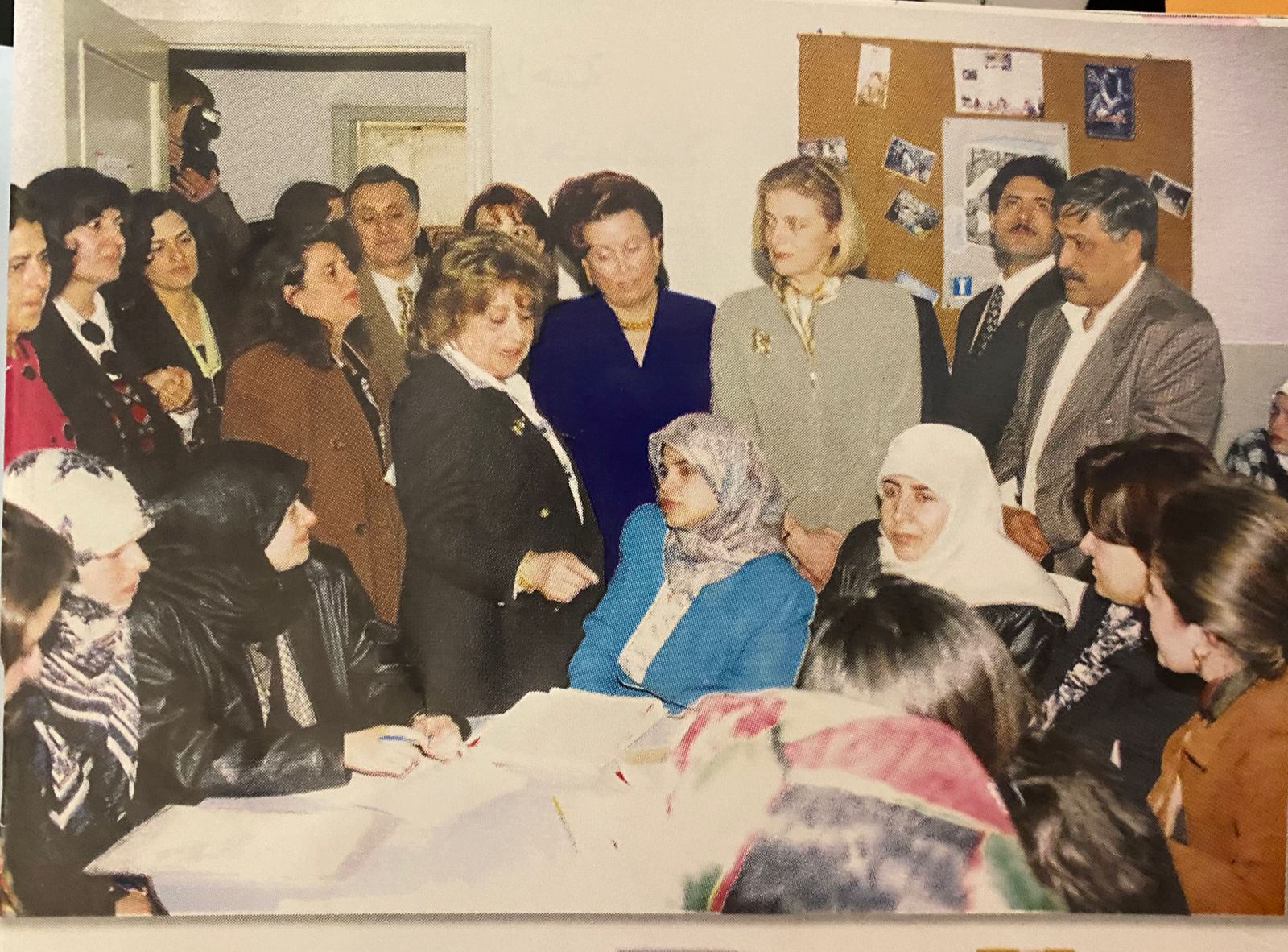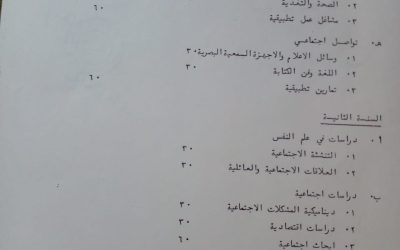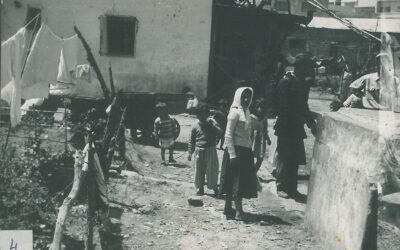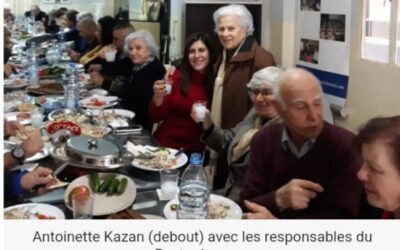During the 1975-1990 war, primary healthcare centers played a significant role in providing health care, social assistance, and relief services (Mrs. Neemat Kenaan, 1977), despite the diversity of their names (healthcare centers, social and healthcare centers, comprehensive development centers, or development centers, etc.).
As an example, the “Social Development Center” in Borj El-Barajneh”, founded in 1971, played a prominent and exemplary role during the war in terms of diversity and the number of programs, and its direct interaction with its immediate environment, in addition to the activation of all the existing human and institutional resources. The social worker at the head of the center, Mrs. Nadia Tawtel, played a pioneering and leading role. This center was considered for many years a model for many social workers, as well as trainees from various universities and institutes, in terms of engaging with its neighborhood, interacting with its residents, developing all its resources, and activating them.
Many social workers worked in this center with the same enthusiasm and devotion. The social worker’s name who founded and directed it remained connected to it for many years. She held a special place in the Borj El-Barajneh, which has never been disturbed by sectarian or regional affiliation.




